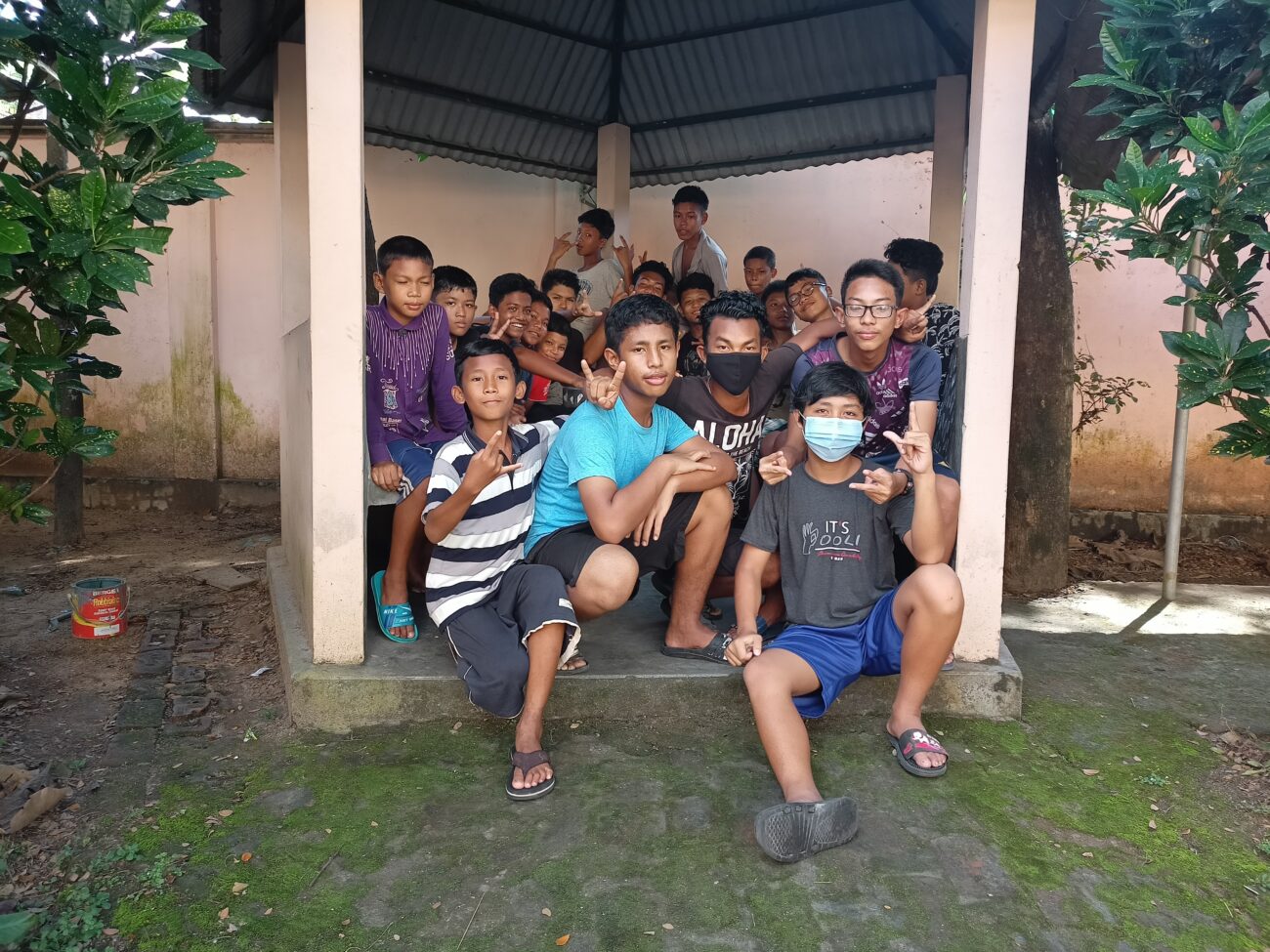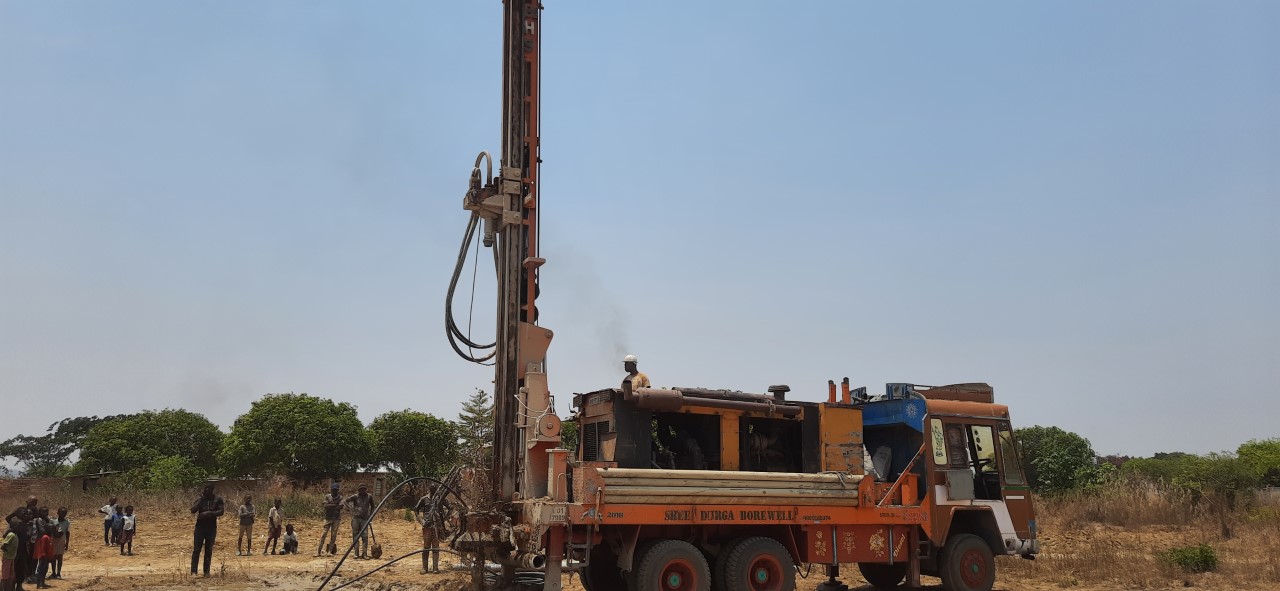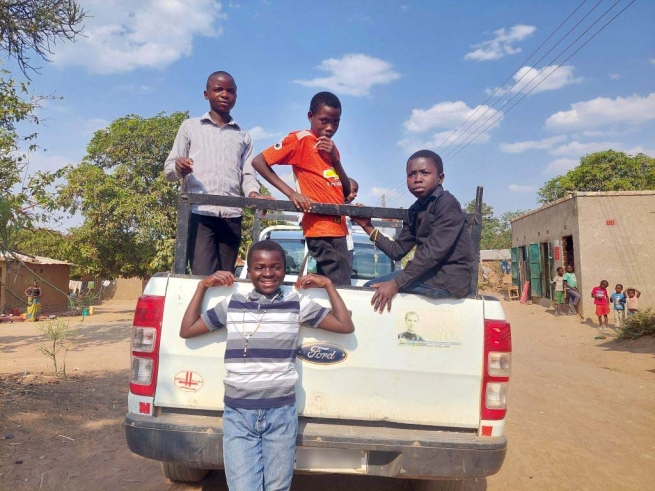BANGLADESH: Poor youth receive support from donor funding from Salesian Missions

Boys staying in the Salesian-run Blessed Zepherino Hostel receive support from donor funding from Salesian Missions
(MissionNewswire) Boys staying in the Salesian-run Blessed Zepherino Hostel in the Utrail-Telunjia community of Bangladesh received support from donor funding from Salesian Missions, the U.S. development arm of the Salesians of Don Bosco. The boys come from poor backgrounds and their parents are daily laborers who work to earn enough money each day to buy food. Other boys are abandoned or orphaned.
For those in need, Salesians offer help for room and board or provide it free of charge. The hostel relies on donor funding to help fill the gaps in funding.
Some of the boys living at the hostel are studying at the Salesian St. Xavie School. Once they pass eighth grade, they can continue up to grade 12 at the Salesian high school and college. Every year, the Salesian hostel hosts 50 to 60 boys.
Father Dang Lam, a Salesian missionary who operates the hostel, said, “Many parents want to send their children to the Salesian hostel because they know that their children will receive a good education in our school and Christian human formation in the hostel.”
Bangladesh is one of the world’s most densely populated countries with a population of 164 million people, close to 20 percent of whom live below the national poverty line of U.S. $2 per day. Despite a growing population, Bangladesh has experienced a steady decline in poverty since 2000, according to the World Bank.
Bangladesh suffers from poor infrastructure, political instability, corruption and insufficient power supplies. Close to 80 percent of the country’s population lives in rural areas. Many people who live in remote and rural areas lack access to education, health care and adequate roads. An estimated 36 percent of the rural population lives below the poverty line and owns no land or assets, experiences persistent food insecurity, and often has very little education.
Malnutrition levels in Bangladesh are among the highest in the world with close to 48 percent of children, adolescents and women facing food insecurity, according to UNICEF. In addition to contributing to maternal and child mortality, malnutrition exacts heavy costs from the health care system through excess morbidity, increased premature delivery, and elevated risks of heart disease and diabetes. The economic consequences of Bangladesh’s malnutrition problem are profound, resulting in lost productivity and reduced intellectual and learning capacity.
###
Sources:
Photo courtesy of Salesian Missions (contact for usage permissions)
World Bank – Bangladesh Poverty




